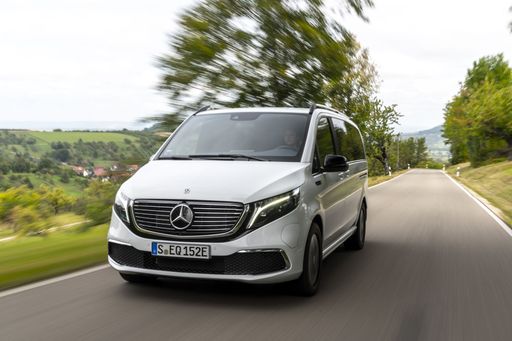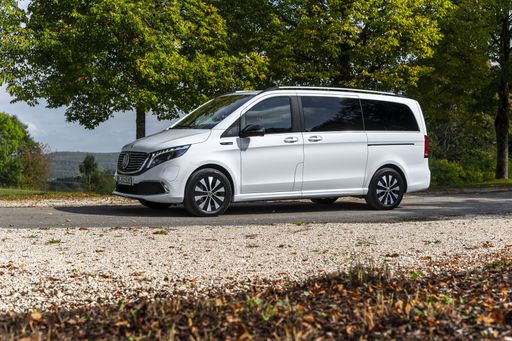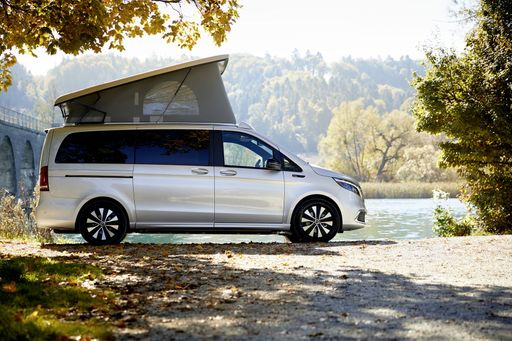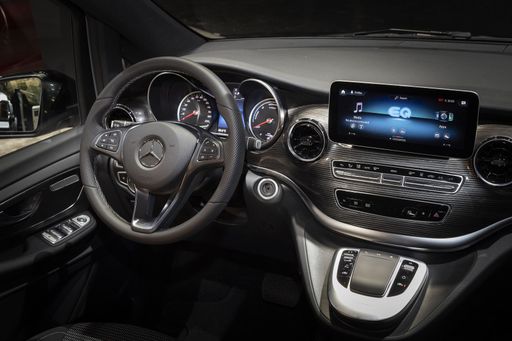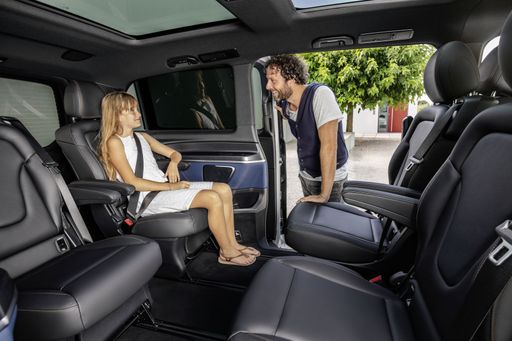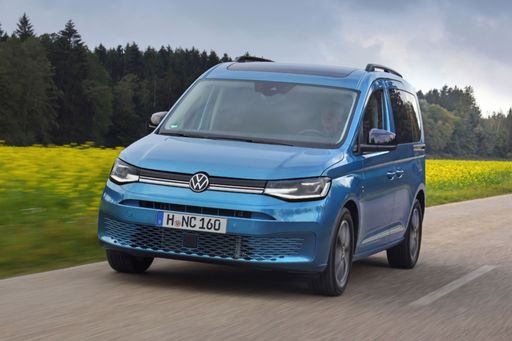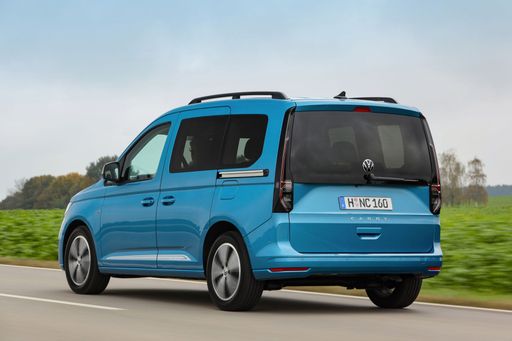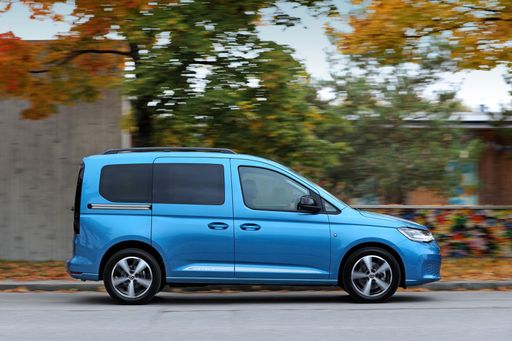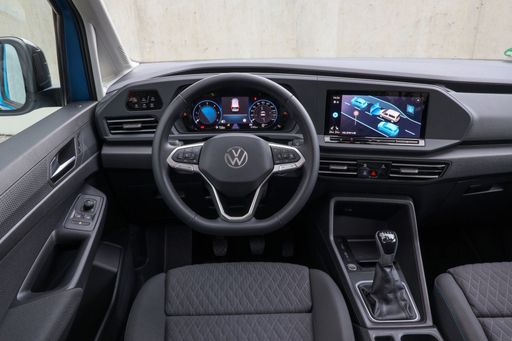Versatility Meets Innovation: VW Caddy Kompaktvan
On the other hand, the VW Caddy Kompaktvan presents itself as a versatile and practical choice for professionals and small businesses. This model offers a variety of powertrains, including petrol, diesel, and a plug-in hybrid option, making it appealing to a broader audience.
With power output ranging from 102 HP to 150 HP, the Caddy ensures a reliable ride, complemented by torque outputs of up to 320 Nm from its four-cylinder engines. Consumers can choose between a manual gearbox or a dual-clutch automatic transmission, further enhancing its adaptability.
The Caddy's plug-in hybrid variant provides an electric range of up to 120 km, supported by a 19.7 kWh battery, highlighting VW's approach to eco-friendly travel. Furthermore, the Caddy's top speed can reach up to 186 km/h, placing it as one of the quicker vans in its category.
Inside, the Caddy offers seating for two, tailored for cargo purposes, making it a practical choice for commercial use. The vehicle's payload capacity varies, accommodating ranges between 628 kg and 759 kg, while maintaining curb weights from 1442 kg to 1818 kg depending on the configuration.

